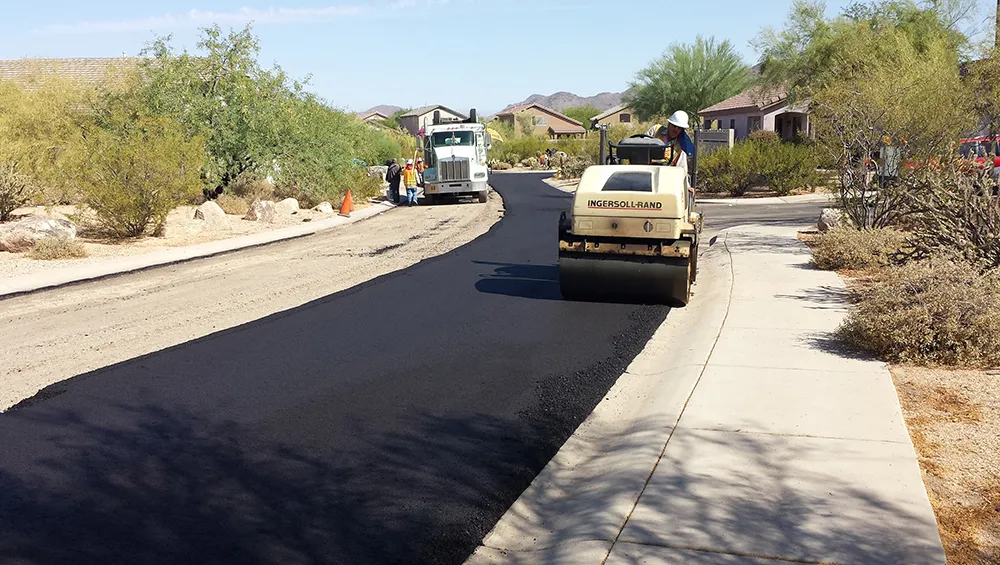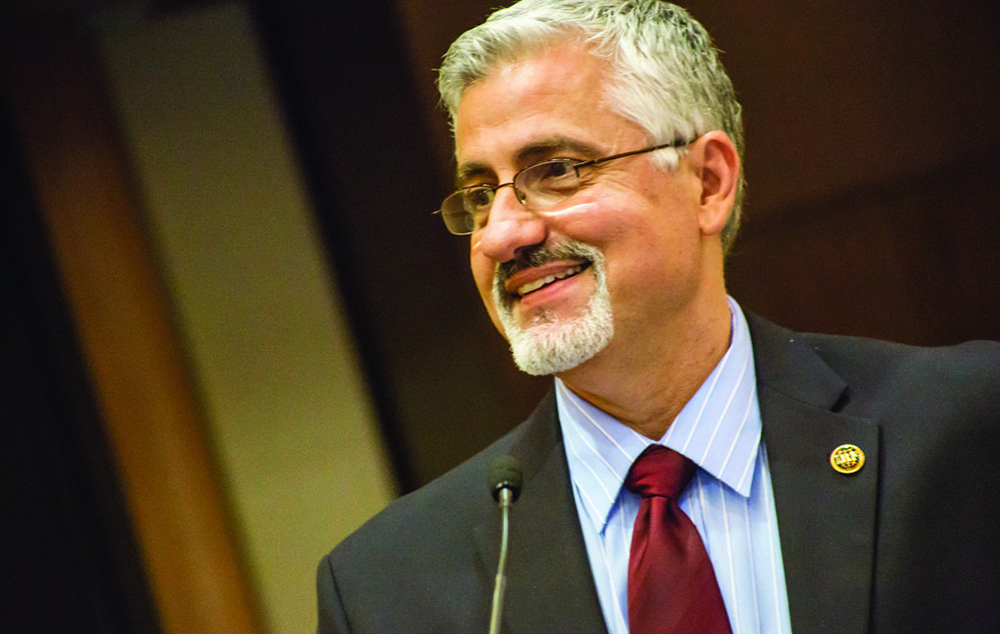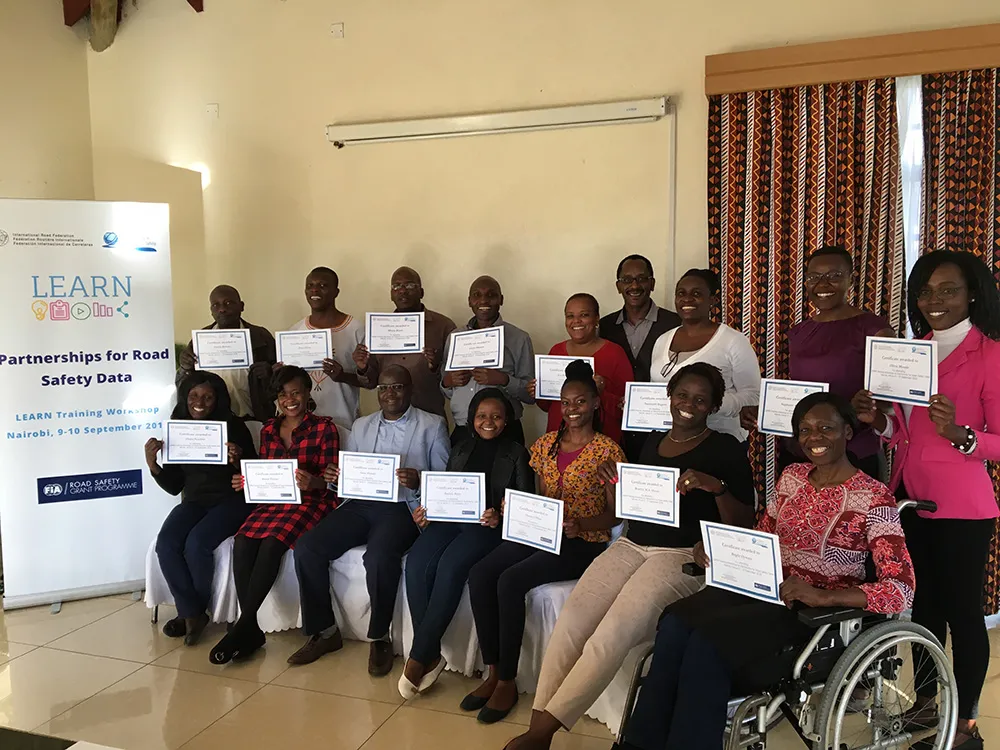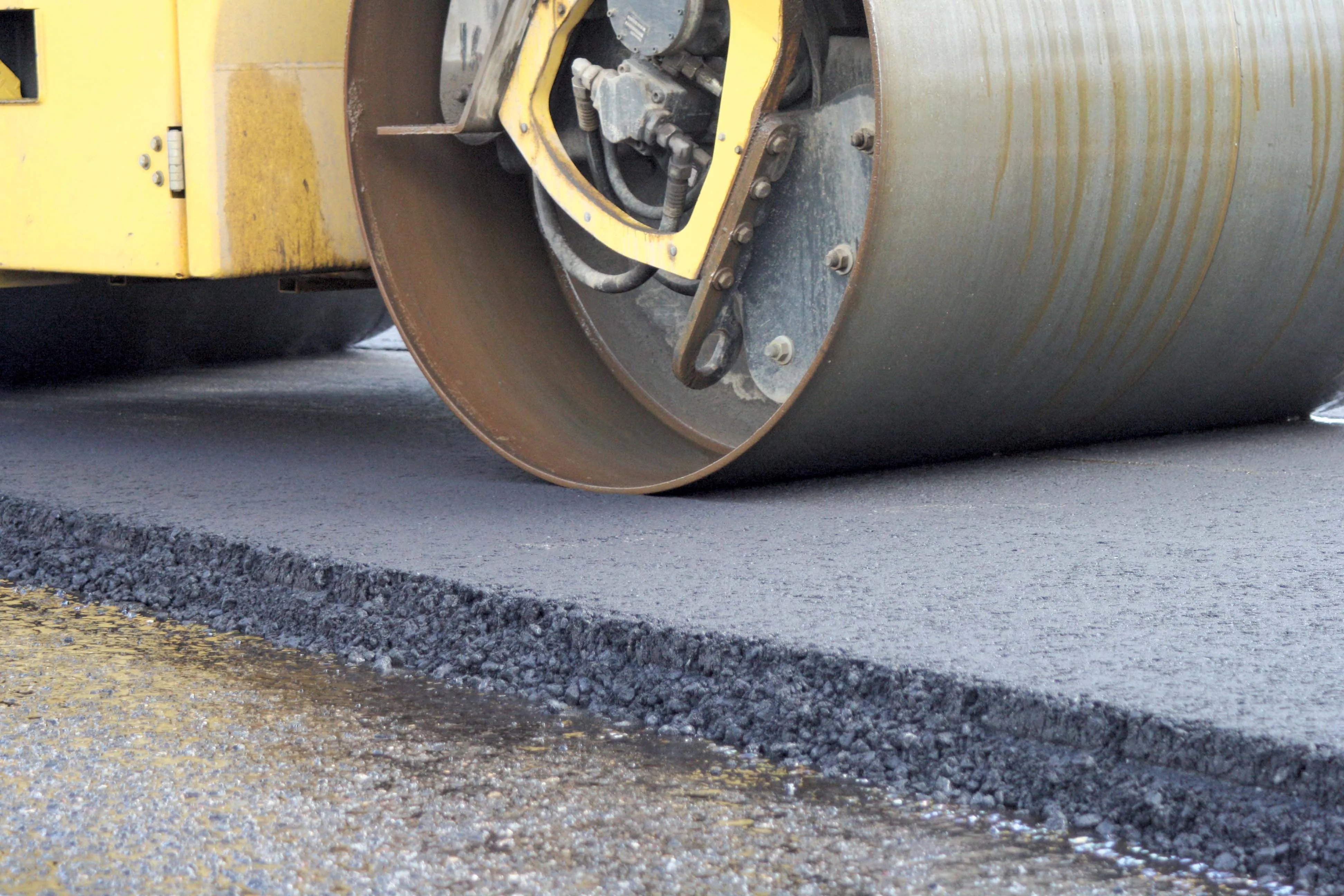
Pavements play an important role in the world’s transportation infrastructure. Globally, about 90% of roadways are made of asphalt mixtures. In the US, more than 500 million tonnes of asphalt mixtures are produced annually at a cost of US$40 billion. Asphalt mixtures properties and quality play an important role in resisting pavement distress due to loads and environmental impacts.
Through a newly announced professorship at Arizona State University (ASU), researchers in the Ira A Fulton Schools of Engineering will work with FORTA to continue advances to develop stronger pavement materials that make roadways safer and more durable.
Funding provided by FORTA will be used for faculty enrichment and to continue updating laboratory facilities, hire students, provide scholarships and support research, travel, curriculum development and community outreach and advance innovative project ideas.
Led by Professor Kamil Kaloush, who heads the National Center of Excellence on SMART Innovations at ASU and Chairs the IRF Committee on Sustainable Pavements, the project is expected to result in a research breakthrough, opening the way to innovations in pavement design and using fibres that extend the life and performance of pavements.
According to Kaloush, “it is critical to have pavements that are less susceptible to deformation, cracking and damaging temperature effects. This will translate into road-user benefits such as better ride quality, lower maintenance costs and safer roadways.”

“FORTA’s funding will aid the long-term goal to push the boundary and productivity of fibres in pavement rehabilitation and construction. It is a credible and cost-effective technology to improve the quality and durability of asphalt pavements,” Kaloush added.
The project also exemplifies one of the missions of the International Road Federation to build industry partnerships that support the implementation of applied knowledge across road planning, design, construction, maintenance and operations.
In 2018, the IRF organised an industry consultation panel with the Dubai Roads & Transport Authority designed to highlight practical contributions, such as fibre technology, to make road construction more energy-efficient and resilient. In 2019, the IRF sponsored a foresight session on sustainable pavements during the PIARC World Road Congress in Abu Dhabi presenting a comparative benchmark of the state of readiness of the most promising pavement technologies. Both events, which were chaired by Professor Kaloush, confirmed that technological responses – and the associated decision support tools – are available to deploy tested and proven solutions with demonstrable benefits in a relatively short time frame.
Patrick Sankey, president & CEO of the IRF, has saluted the partnership between FORTA Corporation and Arizona State University, noting that “Kaloush’s work to date has already expanded fundamental and applied knowledge in the pavements field. As chair of the IRF Committee on Sustainable Pavements, Kamil has accomplished something exceptional by bridging researchers, industry and government for a common cause, fully embodying our ideals as a global trade association.”









